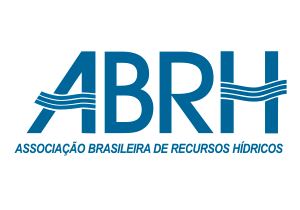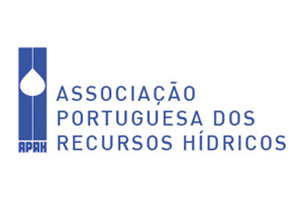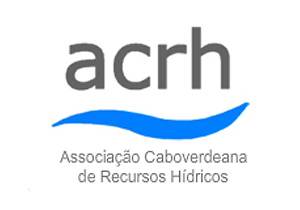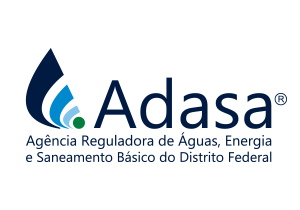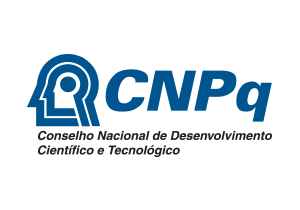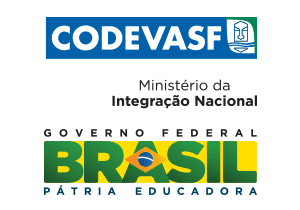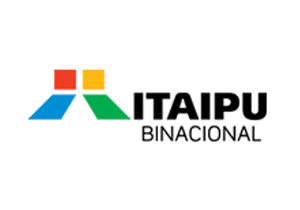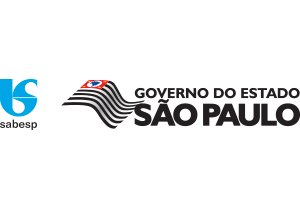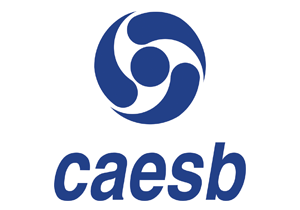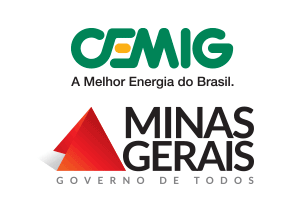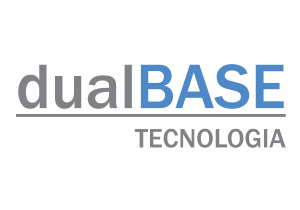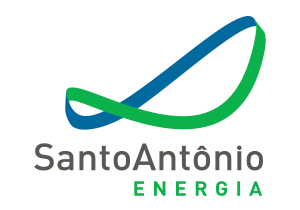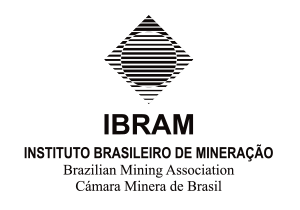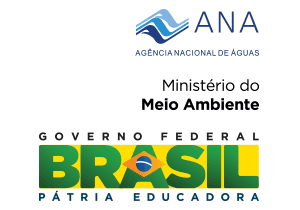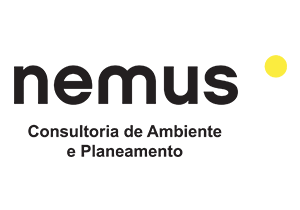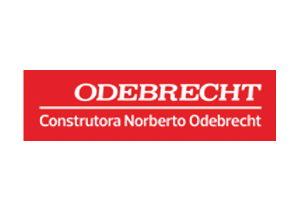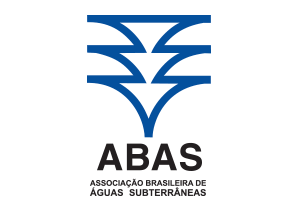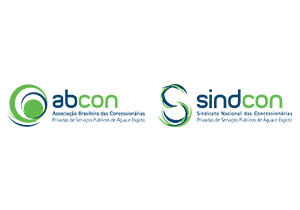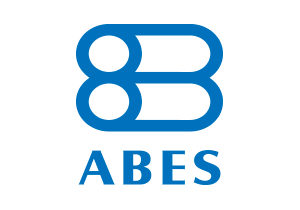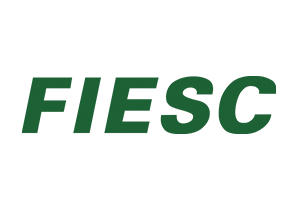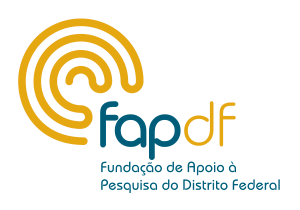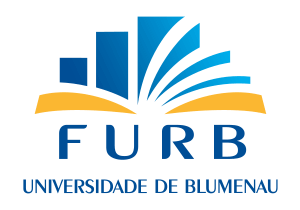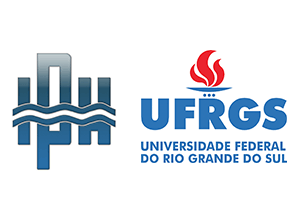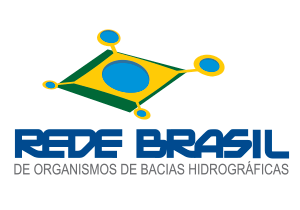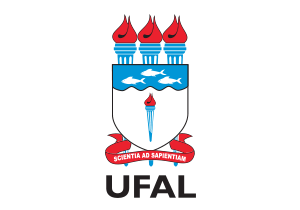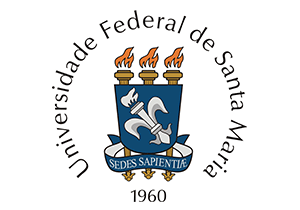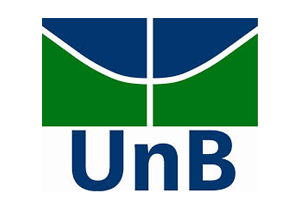Discussion and promotion of new knowledge
Unique opportunity to exchange experiences and knowledge among industry professionals from Brazil and abroad
XXI SBRH
The city of Brasilia opens its doors to welcome the XXI Brazilian Symposium on Water Resources - SBRH in November 2015. The largest national event in the area of water resources is presented with a challenging agenda facing a scenario that is pressing for solutions. Notably characterized by its environmental diversity, the country needs to ensure water availability for a population and a growing economy, expanding sanitation services, advancing in preserving the quality of its water bodies with inclusion of ecological aspects to the decision making.
The list of challenges can be long and to address them we need to innovate, increase knowledge, generate and implement shared solutions. Science, technology, politics and government programs need to balance its steps for the convergence of its achievements in pursuit of conservation of the country's water resources and their sustainability. In this context, it settles the central theme of the XXI Brazilian Symposium on Water Resources, "water security and sustainable development: challenges of knowledge and management."
The Organizing Committee is committed to build together with the entire community of water resources an event rich in propositions and opportunities. The city of Brasilia offers an environment where scientific and technical knowledge have the chance to approach the policy and decision-making spheres, making room for the definition and implementation of the solutions required for the water sector and for sustainable development in the country.
In an attempt to align the country with international discussions in progress, the XXI SBRH will also contribute in its themes with the preparation of Brasilia and the country to host in 2018 the World Water Forum and with the implementation of the post 2015 sustainable development agenda set by United Nations.
The Organizing Committee enthusiastically invites you to be part of this challenge. Bring your questions, ideas, solutions and proposals. Come add to the construction of a new water scenario in Brazil. Participate in this achievement. XXI SBRH will be the opportunity where students, researchers, technicians, professionals, users, managers and decision makers can exchange knowledge and experience, make partnerships, generate new business, build solutions and make new friends.
Conceição de Maria A. Alves
President of the Local Organizing Committee
12th SILUSBA
In this 12th edition of SILUSBA we will focus on the topic of water and land management, since it is clear that an increasingly comprehensive management of this natural capital is certain to contribute to more harmonious and sustainable development.
It is essential to examine the interrelationships between water resources management and spatial planning, and any dysfunctions in the interaction and coordination of these two areas. The concept of integrated water resources management should keep in mind the way the territory is used by the range of human activities. In fact, land use can influence the flow regime, thereby changing the water availability, potentially making the exposure of water bodies to pollution more likely, causing loss of biodiversity and increasing the vulnerability of coastal areas. Analysis of the effects of measures implemented in agriculture, urban development and transport, for instance, must consider the various pressures that these activities exert on water resources. Albeit on a smaller scale, the location of cities and changes in their internal structure can alter water demand both by disturbing the water balance and by affecting pollution loads. We cannot but recall that successive interventions in urban areas have led to soil sealing and, higher surface runoff and, therefore, increasing inflows to drainage systems, thus constituting a new factor to enhance urban flooding.
The robust coordination of water management and spatial planning, with the specific dynamics appropriate to each sector, is essential to protect water resources and associated ecosystem services, to minimize the risk of improper land use and to facilitate adaptation to climate change.
Therefore, it is our goal to create the conditions to reflect on this topic so as to envisage synergies in institutional, legislative and technical-scientific terms, through the sharing of knowledge and experiences and the analysis of the role of research and innovation in creating new attitudes and durable solutions. The Lusophone water community will meet again with the commitment and usual vivacity that have made SILUSBA such a success. We are looking forward to seeing you all in Brasilia!
Maria da Conceição Cunha
Chair of the Organizing Committee



